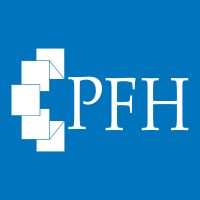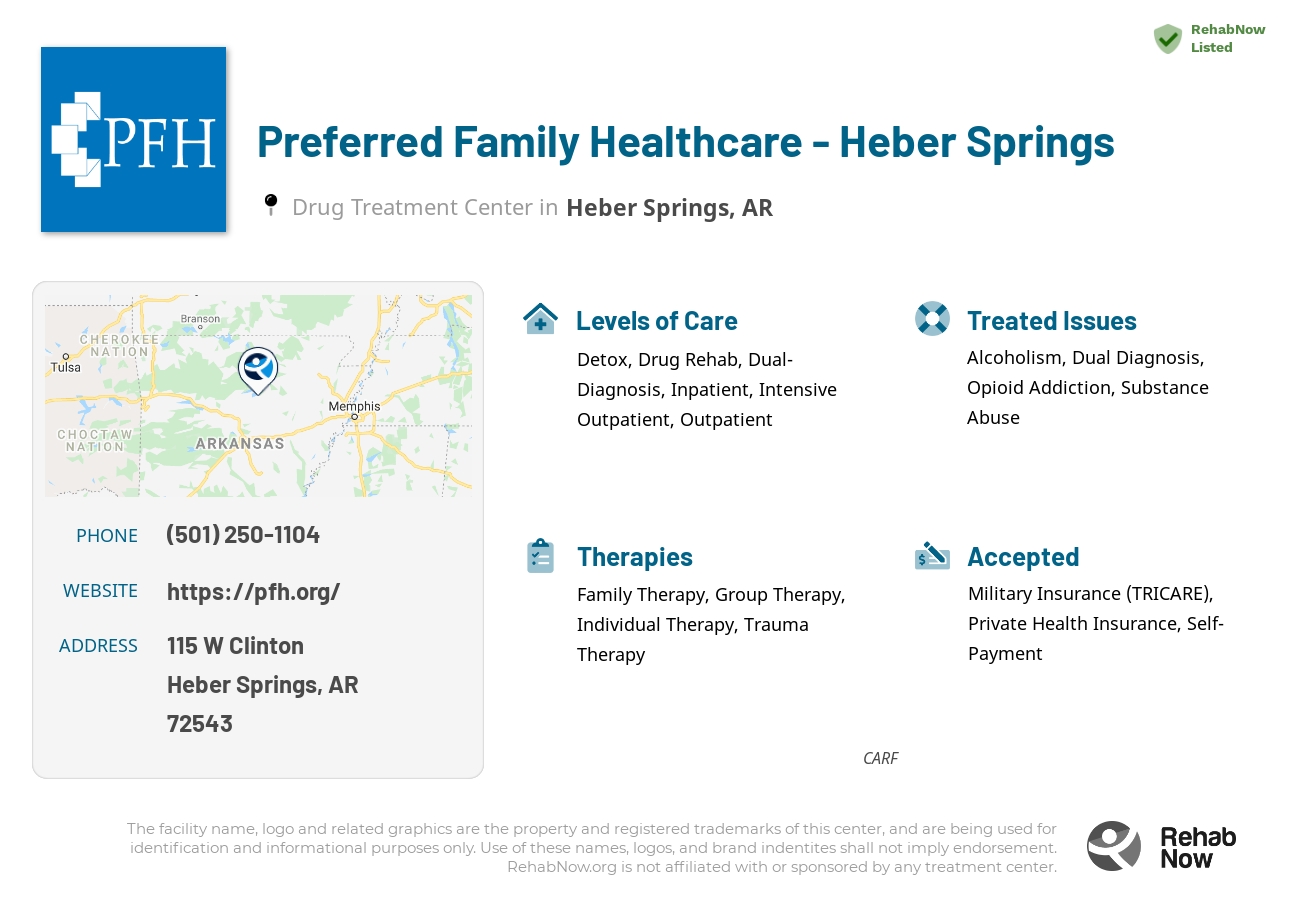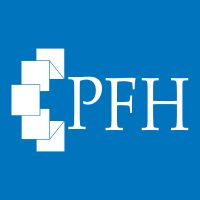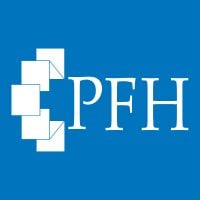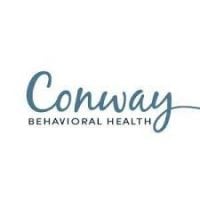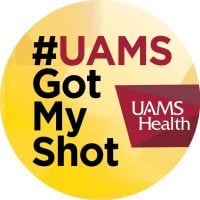Preferred Family Healthcare - Heber Springs
Drug Rehab Center in Heber Springs, Arkansas
Preferred Family Healthcare - Heber Springs is a healthcare facility in Arkansas that provides comprehensive addiction treatment utilizing a team-based approach, including inpatient and outpatient services, medication-assisted treatment, individual and group therapy, educational classes, and relapse prevention sessions.
Multiple patients have reported Preferred Family Healthcare - Heber Springs as permanently closed.
Research other rehabs in Heber Springs, Arkansas, or get help finding an open facility.
About This Arkansas Facility
Preferred Family Healthcare in Heber Springs, Arkansas, focuses on helping young individuals, particularly those aged 13 to 19, recover from alcohol and drug addictions, with a unique approach to dual diagnosis and support for youth unable to attend regular schooling. This facility stands out for its comprehensive, integrated care tailored to assist youth in achieving holistic wellness and sobriety.
- Comprehensive Support for Youth: Offers a complete spectrum of treatment including mental health services, drug rehab, and support for dual diagnoses.
- Family Involvement Required: Emphasizes the crucial role of family in the recovery process, incorporating individual, group, and family counseling.
- Youth Leadership and Character Development: Provides programs aimed at developing crucial life skills, including anger management, empathy, and interpersonal skills.
Accredited by the Commission on Accreditation of Rehabilitation Facilities (CARF), Preferred Family Healthcare adheres to high standards in offering recovery psychoeducation based on the 12-step model and other evidence-based treatments. Its services are designed with a strong commitment to assisting individuals in navigating the path to overall health and wellness, making it a trusted name in rehabilitation.
The facility addresses addictions and issues such as depression and grief among youth, employing outpatient care, medication management, and counseling. With a focus on recovery and life skills training, its treatment methods and comprehensive care aims are centered around effective recovery and management of substance use and mental health challenges.
Genders
Ages
Modality
Additional
Accreditations

CARF
The Commission on Accreditation of Rehabilitation Facilities (CARF) is a non-profit organization that specifically accredits rehab organizations. Founded in 1966, CARF's, mission is to help service providers like rehab facilities maintain high standards of care.
Conditions and Issues Treated
Substance Abuse Treatment is important when getting sober, as it helps addicts learn the skills they need to live a clean life. There are many different kinds of recovery treatment, including medication-assisted therapy, behavioral therapeutic approaches and self-help groups, as well as counseling.
Opioid abuse has become a national epidemic in the last decade. The US has one of the world’s highest rates of opioid use and abuse, as well as opioid-related deaths. Opioids are classified as Schedule II-IV controlled substances in the US due to their high potential for abuse.
Oxycodone, hydrocodone, methadone, and fentanyl are the most common Opioids and are commonly prescribed to treat pain. Tolerance to opioids develops over time, making life difficult, if not impossible, without them. Opioid users often obtain the drugs illegally. They can be drug dealers, friends, or family members who do not have valid prescriptions.
The desire for a more intense high than prescription opioids can quickly lead to heroin use. Heroin users are more prone to illness and death due to the high risk of overdose.
Many opioid addicts who seek treatment believe that the only way to overcome their addiction is through medical detox and long-term drug addiction rehab. To help patients wean off their addiction and reduce the risk of overdose, medication-assisted therapy (MAT) involves prescribing a replacement opioid. Doctors use MAT in conjunction with other anti-craving medications to help patients maintain recovery. Due to the high risk of relapse, MAT is often combined with individual and group counseling and social support programs.
When addiction and psychiatric issues co-occur, the addict’s recovery is more successful when both conditions are treated. A dual diagnosis refers to a condition in which the patient is diagnosed with two health issues: addiction and bipolar disorder. The most common therapies are psychotherapy, behavioral therapy, spiritual counseling, 12-step programs, and medication management.
Levels of Care Offered at Preferred Family Healthcare - Heber Springs
This center offers a variety of custom treatment tailored to individual recovery. Currently available are Detox, Drug Rehab, Dual-Diagnosis, Inpatient, Intensive Outpatient, Outpatient, with additional therapies available as listed below.
The detoxification process typically includes some combination of the following: medical supervision, medication to help alleviate withdrawal symptoms, drug testing to monitor progress, and counseling.
Tackling the physical symptoms of withdrawal is essential to ensure that an individual can focus on the psychological aspects of the addiction without focusing on the physical pain that comes with withdrawal.
Withdrawal symptoms can be uncomfortable, even life-threatening, so carefully managing the detox process is extremely important. In many cases, more advanced pharmaceutical interventions are used to treat more severe withdrawal symptoms. Medication might help alleviate discomfort associated with detox, including nausea and headaches.
Inpatient treatment centers offer a safe, secure, and often medically supervised environment for drug or alcohol-addicted individuals. Many of these facilities are equipped to provide detoxification, treatment for co-occurring mental health disorders, and aftercare programs. The patient typically spends 28 to 30 days at the facility and will receive extensive drug counseling.
Intensive outpatient treatment is a form of addiction care that allows patients to continue living at home while undergoing treatment. This type of care is appropriate for patients who have been treated in residential treatment programs. Intensive outpatient programs include regular visits to the facility providing therapy, and patients gradually return to their routine life. IOP benefits most when patients have a supportive family member or friend to help them recover.
The first step to getting into an intensive outpatient program is to attend a detoxification facility. Detoxification facilities are designed to remove substances from the body safely. The patient will attend sessions designed to help them understand their addiction and its impact on their lives. While in an intensive outpatient program, therapy sessions are scheduled three to five times per week, with the patient attending no more than two sessions in one day.
An outpatient treatment program is set up to help with alcohol or drug addiction or a co-occurring disorder. The patient must attend the facility for their therapy and other programs but can return home each night.
The frequency of mandatory attendance decreases after much of Preferred Family Healthcare - Heber Springs‘s program is complete.
Outpatient treatment is a recovery approach that allows recovering addicts to live at home while getting rehab for addiction
An outpatient can include day treatments which include attending group sessions one hour per week. A person living in an outpatient environment may be allowed the opportunity to work full time if they choose to and continue studies without interruption from drugs/alcohol.
Outpatient treatment is an option for people who want to maintain their careers and families. Outpatients live at home but attend treatment such as individual counseling, group counseling, or twelve-step meetings during the day.
Therapies & Programs
At Preferred Family Healthcare - Heber Springs , to learn from past mistakes and improve one’s situation, the recovering person meets individually with a therapist. The counselor or therapist will address addiction causes, triggers, mental issues, dual diagnosis, and aftercare plans during this time. This is a very intense and challenging process. Some clients find it easier to open up to someone other than family or friends who understand their struggles with addiction.
Family therapy is a crucial part of drug treatment and getting sober. It is one of the most effective ways to help addicts stay on the path to long-term sobriety. An addict’s family can play a vital part in helping them to avoid relapse. They can spot the warning signs and help them get back on track.
In group therapy, recovering addicts meet with a therapist and other people in recovery. Some groups are closed, meaning only people who share the same addiction or problem can attend. Others are open to anyone who wants to stop using drugs or drinking alcohol. Group therapy sessions typically focus on one topic each week or month so that recovering addicts can discuss issues they face daily.
Trauma therapy allows people to face and learn from past traumas.
Many people suffer childhood traumas that lead to adult addiction. During treatment at Preferred Family Healthcare - Heber Springs [/type], you can move forward in your recovery and reclaim your sober future! Trauma is a common cause of psychological disorders like Addiction Disorder. It’s common in Addictive Disorders patients because traumatized people have strong emotions or thoughts that lead to addictive behaviors.
Payment Options Accepted
For specific insurance or payment methods please contact us.
Is your insurance accepted?
Ask an expert, call (888) 674-0062
Preferred Family Healthcare Associated Centers
Discover treatment facilities under the same provider.
- Preferred Family Healthcare DBA Health Resources of AR - South Harrison in Harrison, AR
- Preferred Family Healthcare DBA Health Resources of AR - Mountain Home in Mountain Home, AR
- Preferred Family Healthcare DBA Health Resources of AR - Batesville in Batesville, AR
- Preferred Family Healthcare DBA Health Resources of AR - Heber Springs in Heber Springs, AR
- Preferred Family Healthcare - Texarkana in Texarkana, AR
Learn More About Preferred Family Healthcare Centers
Additional Details
Specifics, location, and helpful extra information.
Heber Springs, Arkansas 72543 Phone Number(501) 250-1104 Meta DetailsUpdated April 15, 2024
Staff Verified
Patient Reviews
There are no reviews yet. Be the first one to write one.
Heber Springs, Arkansas Addiction Information
Arkansas has one of the highest rates of substance abuse and addiction in the nation for drug overdoses. Methamphetamines and prescription opioids are by far the most widely abused drugs in the state. Despite the high rates, Arkansas ranked only 25th in the for drug overdose deaths in 2013.
The drug addiction problem in Heber Springs, Arkansas, is quite severe. According to recent statistics, approximately 2,562 people in Heber Springs struggle with drug addiction. This accounts for 7% of the population. Additionally, 36 people die from a drug overdose each year in Heber Springs. HIV is also a major concern in the city due to injecting drugs. There are plenty of rehab centers in the area to help overcome the addiction.
Treatment in Nearby Cities
- Ozark, AR (101.3 mi.)
- Lewisville, AR (172.2 mi.)
- Rose Bud, AR (11.7 mi.)
- El Dorado, AR (162.4 mi.)
- Malvern, AR (90.1 mi.)
Centers near Preferred Family Healthcare - Heber Springs
The facility name, logo and brand are the property and registered trademarks of Preferred Family Healthcare - Heber Springs, and are being used for identification and informational purposes only. Use of these names, logos and brands shall not imply endorsement. RehabNow.org is not affiliated with or sponsored by Preferred Family Healthcare - Heber Springs.
